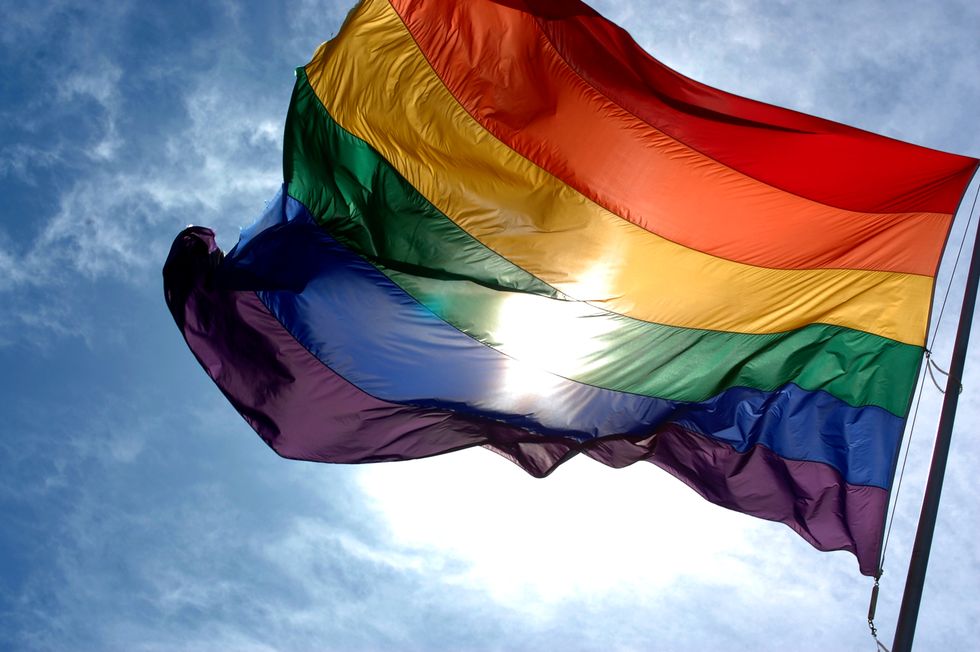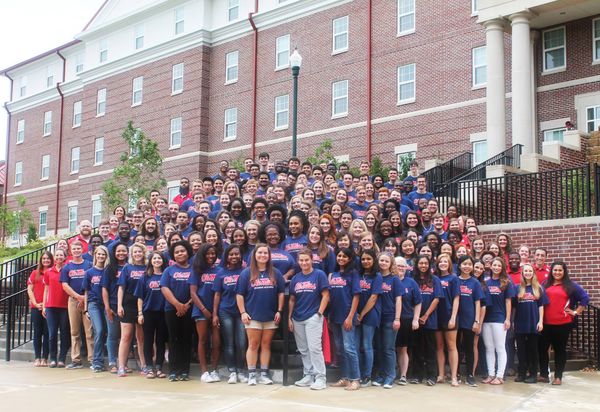The LGBT+ community has fought for the entirety of its existence for just that: existence.
Visibility. The right to an identity. And the right to that identity being respected.
The LGBT+ community presents an interesting conundrum. It is an extremely marginalized community, but one that has no true visual cues. No easy indicators for one to clearly tell who is and who is not a part of this community. People of this community come in all shapes, sizes, colors, and identities, making it rich with diversity. However, diversity doesn’t always equate to inclusivity.
Due to the fact the LGBT+ community is a home to so many different types of people, it is also a breeding ground for many different beliefs, causing some to feel alienated in their own community. While there are a couple of things to unpack and discuss, the one I would like to tackle in this article are problems regarding how bisexuality is perceived, both in and out of the LGBT+ community.
Bisexuality is defined as “sexual attraction to both men and women.” Although, with further research being done into gender studies, now bisexuality is typically encompassing of the attraction to all genders, and is simply used as an umbrella term. While everyone has their own specific preferences, and people in the community tend to define the word on a more individual basis in regard to said preferences, this is the definition we will be moving forward with for the sake of this article.
There is a stigma that comes with the identity “bisexual.” Both inside and outside the LGBT+ community, bisexual people are branded as confused, promiscuous, and invalid. When a bisexual person is dating someone of the same sex, people are quick to write them off as simply being gay the entire time.
Conversely, when someone who is bisexual starts dating someone of the opposite sex, people are quick to label their identity as a “phase” and label that individual as straight. Their identity, constantly being stripped away or questioned, through this sort of bi erasure.
Not only that, but once a bisexual individual engages in a relationship with someone of the opposite sex, more often than not, they are barred from queer spaces and no longer welcome, simply because they happen to be in a heterosexual relationship at that time. As if their identity didn’t matter.
Moreover, bisexual individuals are also labeled as being promiscuous, due to their attraction to multiple genders. This leads to many people, especially individuals in the LGBT+ community, retaining a sort of biphobia against these people.
In a Q and A with the readers of Rookie Magazine, Amandla Stenberg states: “You don’t hear about bisexuality a lot. Or when you do hear of it, it can obviously, often times be portrayed negatively perceived as ‘just a girl who’s fooling around and is a little promiscuous and hooks up with girls.’ Or it’s through the male gaze and it’s like ‘that’s really hot when girls hook up with other girls once in a while just for fun.’”
This quote also touches on another issue of how many bisexuals are often fetishized for the perceived potential of their attraction and preferences, leading to many unwanted and disgusting comments, advances, etc.
And as if that weren’t enough, all this can lead many bisexual individuals to a sort of self-stigmatization.
I believe Amandla Stenberg said it best:
“I feel like, as a bisexual person, bi erasure is so real. And you don’t realize how deep it is until you’re in that moment where you’re like ‘oh my god, I like this girl, she’s so cute. Oh wait, I’ve been lesbian the whole time.’ And then the next moment, you end up hanging out with this guy and you’re like ‘oh my god, I have a crush on this guy. Oh wait. I’m totally straight. I was never gay.’ And you kind of just get stuck in that because you forget that you can be both.”
Many bisexual individuals end up internalizing the constant line of questioning and end up writing themselves off and turning their back on their own identity. The constant pestering of being told to “pick a side,” finally forces some to do so.
As a teenager, a sense of identity is a hard thing to grasp. And if someone can find a title, or a piece of something, maybe even if they’re lucky enough to find a community that makes them feel a little more “them,” that should be respected. Bisexuality is a valid identity whether or not the individual identifying as such is in a “straight” relationship, a “gay” relationship, or has simply never been in a relationship at all. There is no list of traits one needs to check off to receive the identity of bisexual, other than an attraction to both men and women.
The LGBT+ community is, for the most part, a wonderful and diverse place. But that does not mean there's not still room for improvement and there aren't issues that still need to be addressed. Be kind, be mindful, and be inclusive.
















